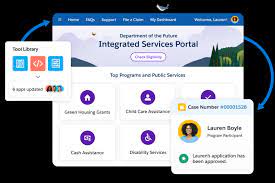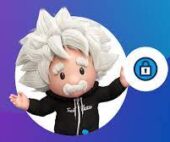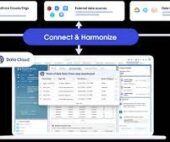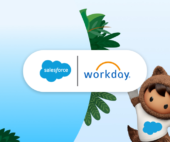Care Plans in Public Sector Solutions
Customized Care Plans for Public Sector Solutions and Constituent Support Creating customized care plans for public sector solutions is essential to supporting constituents and promoting their self-sufficiency. Many individuals struggle to find the help they need during health, housing, personal safety, and other crises, which government agencies can address. Public Sector Solutions offers care plans






